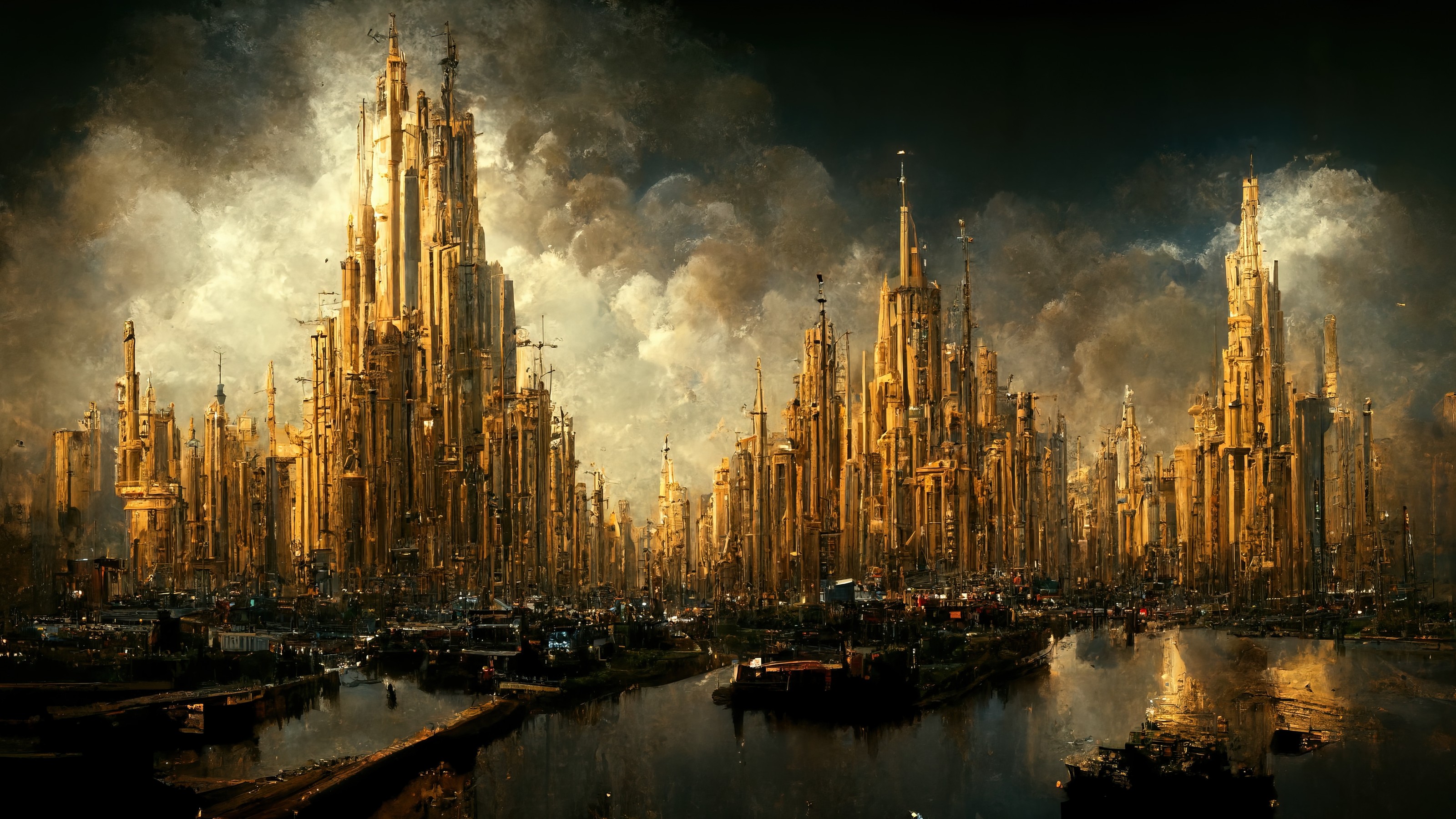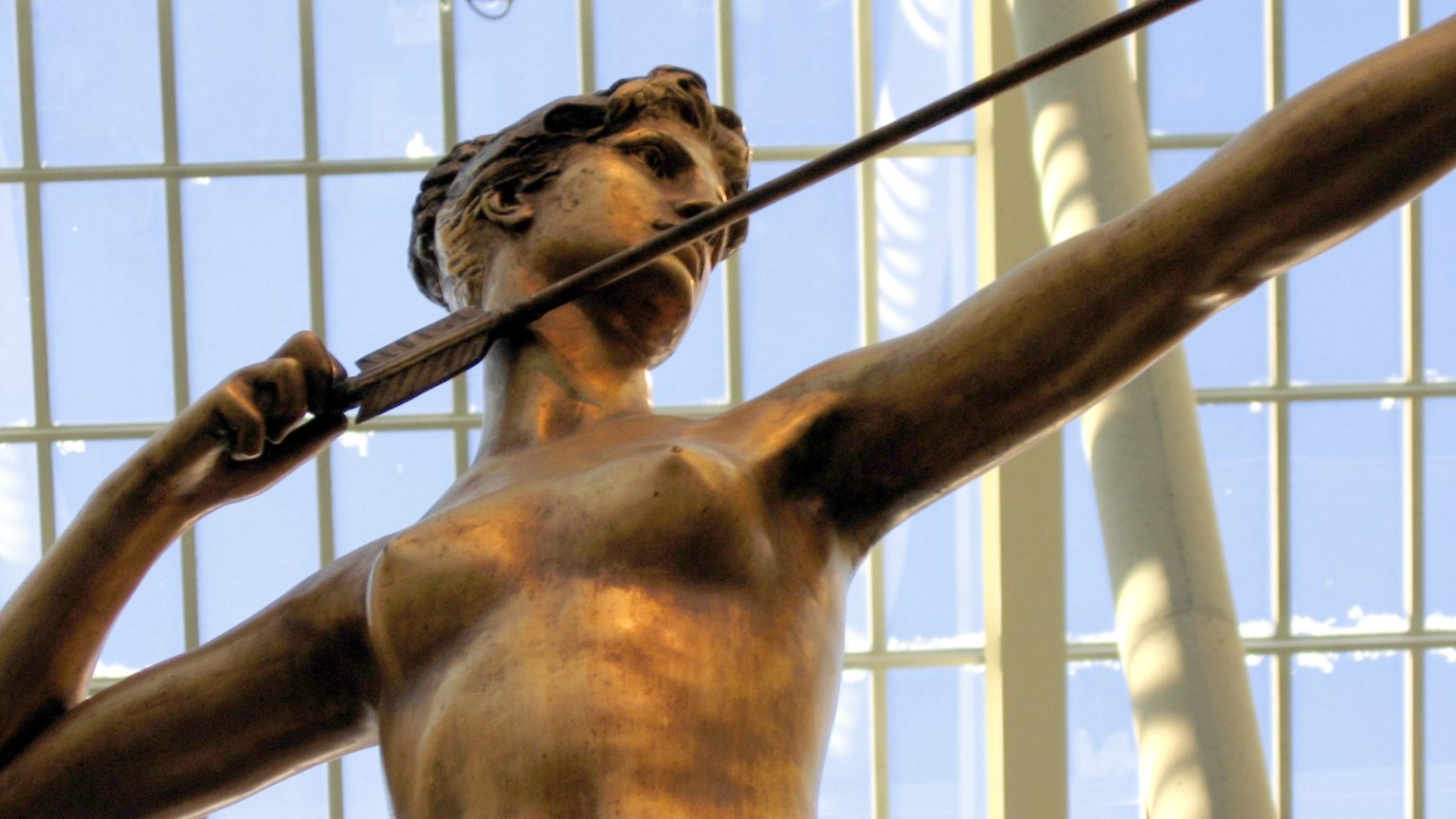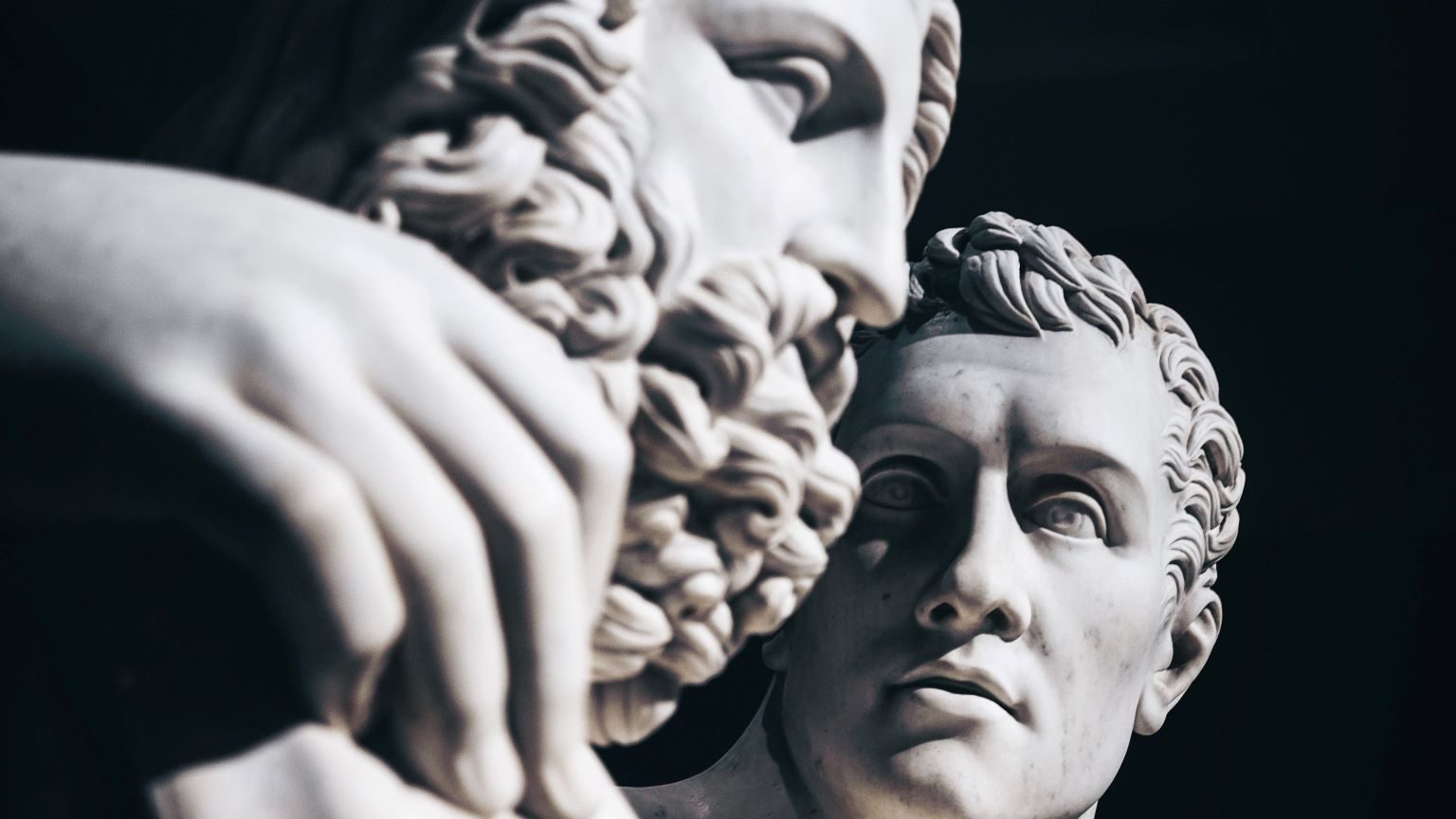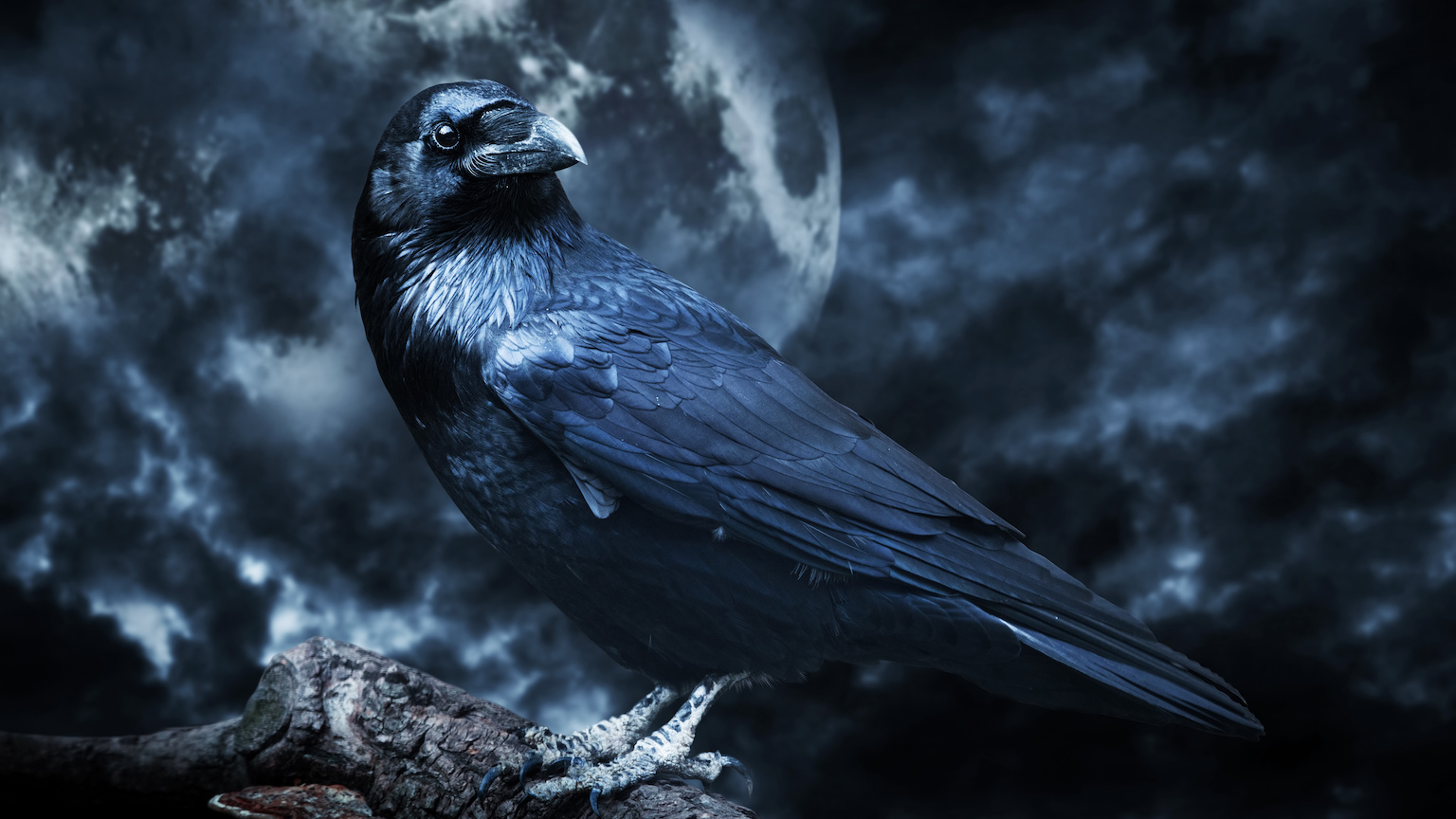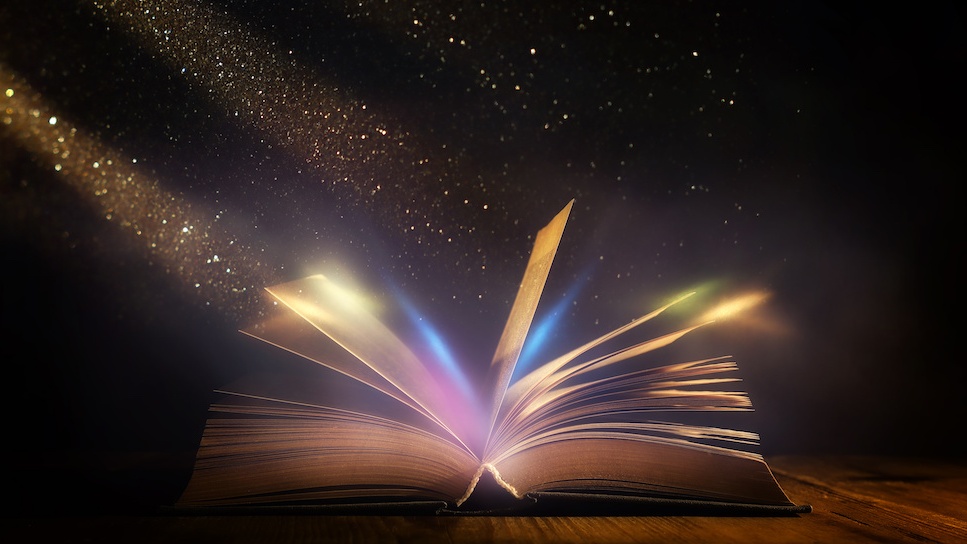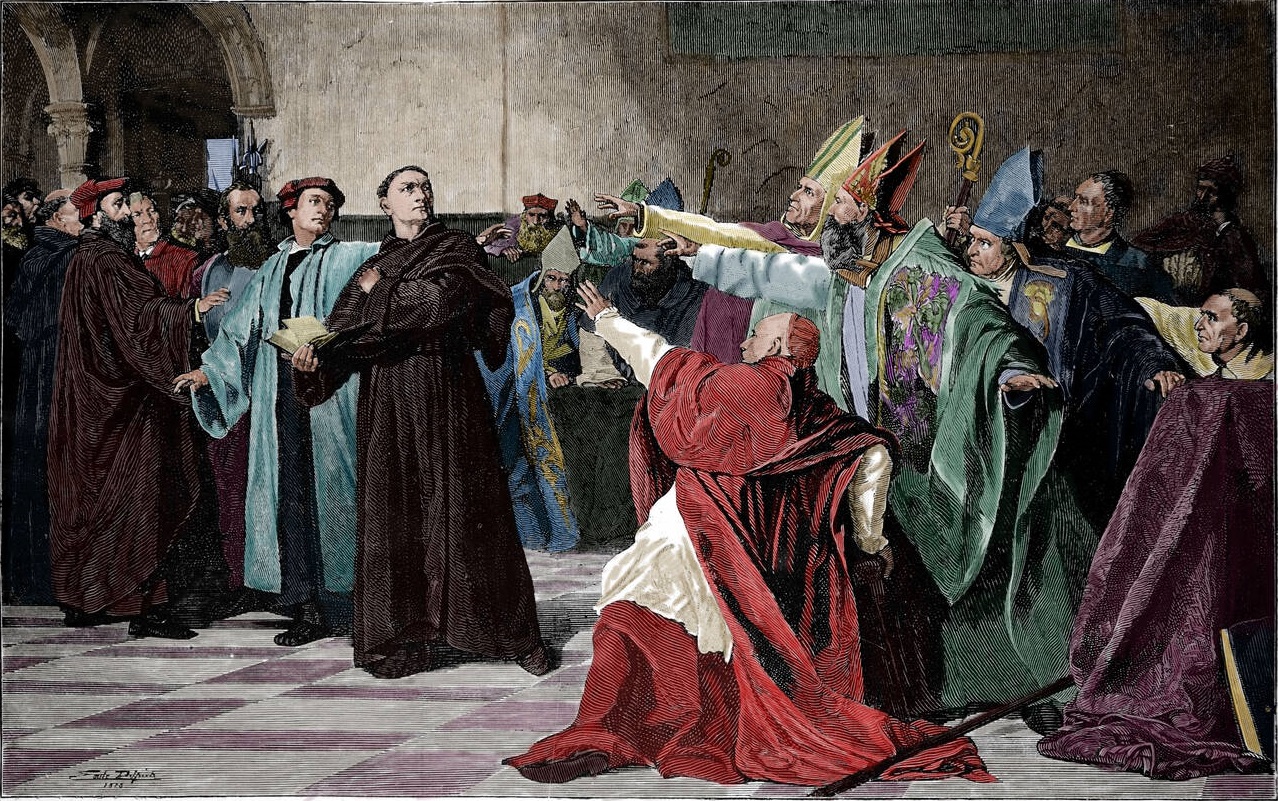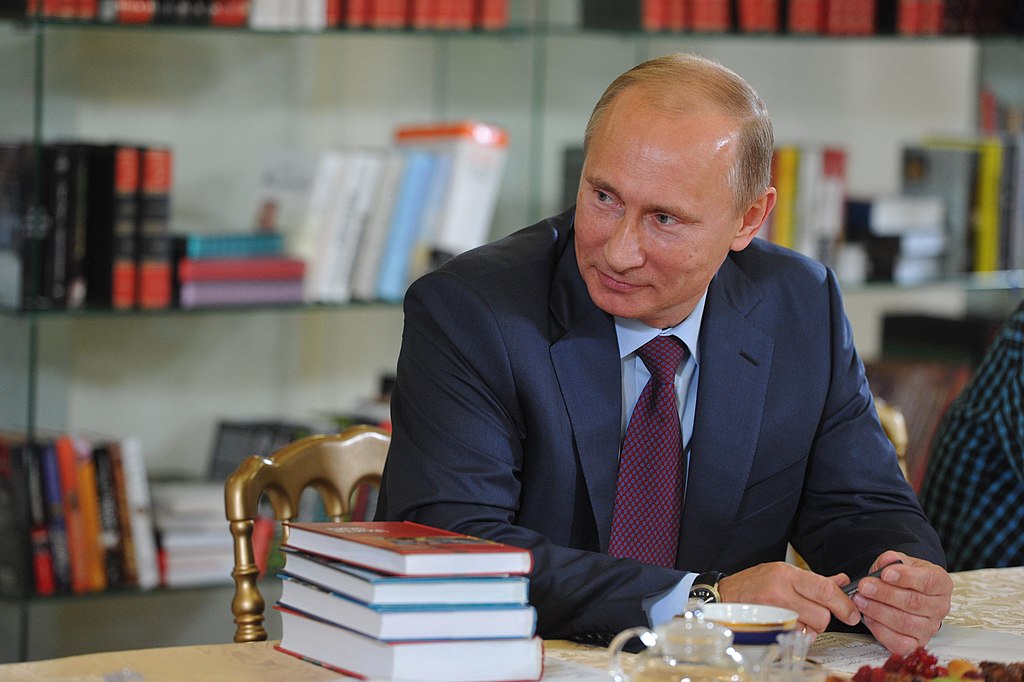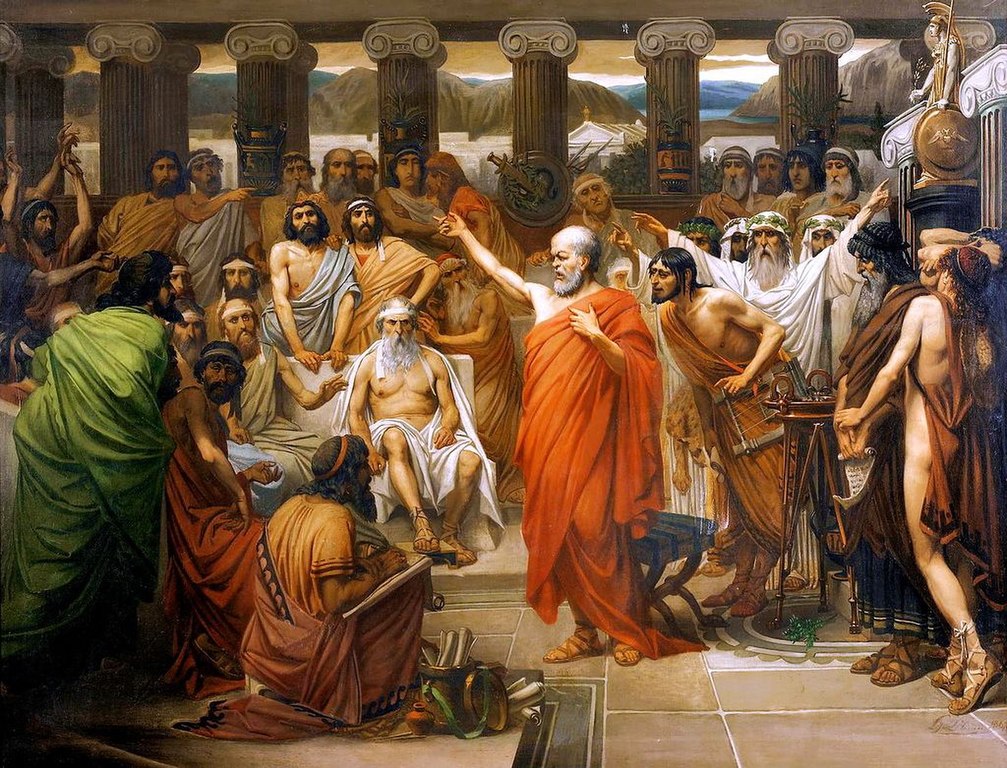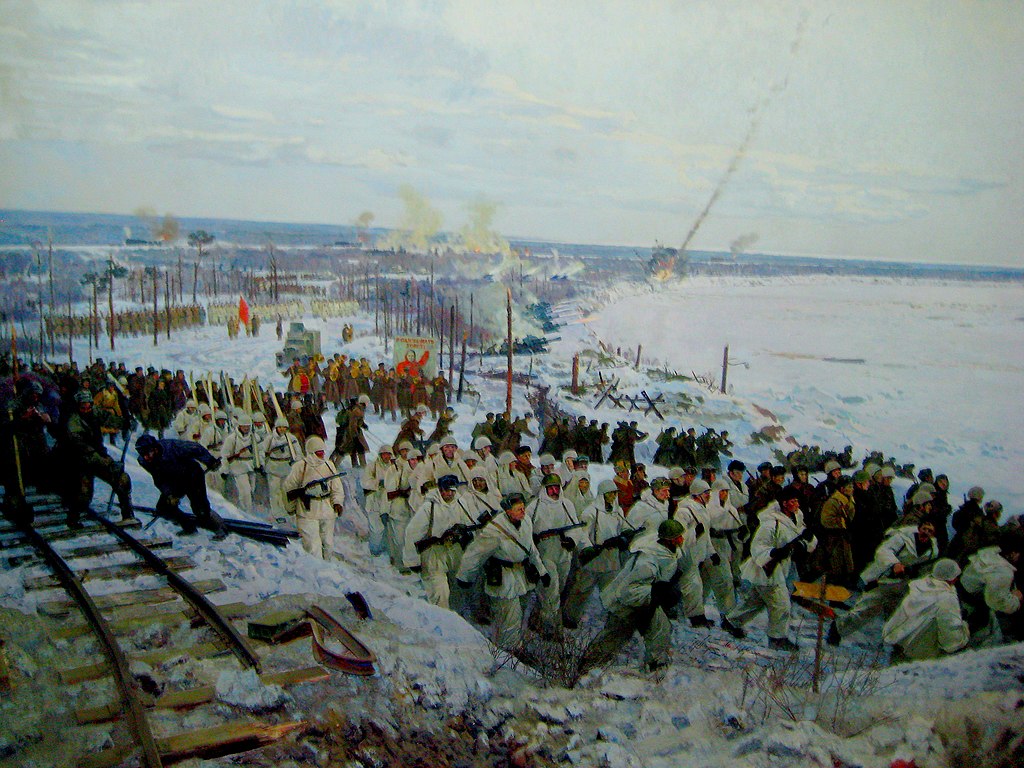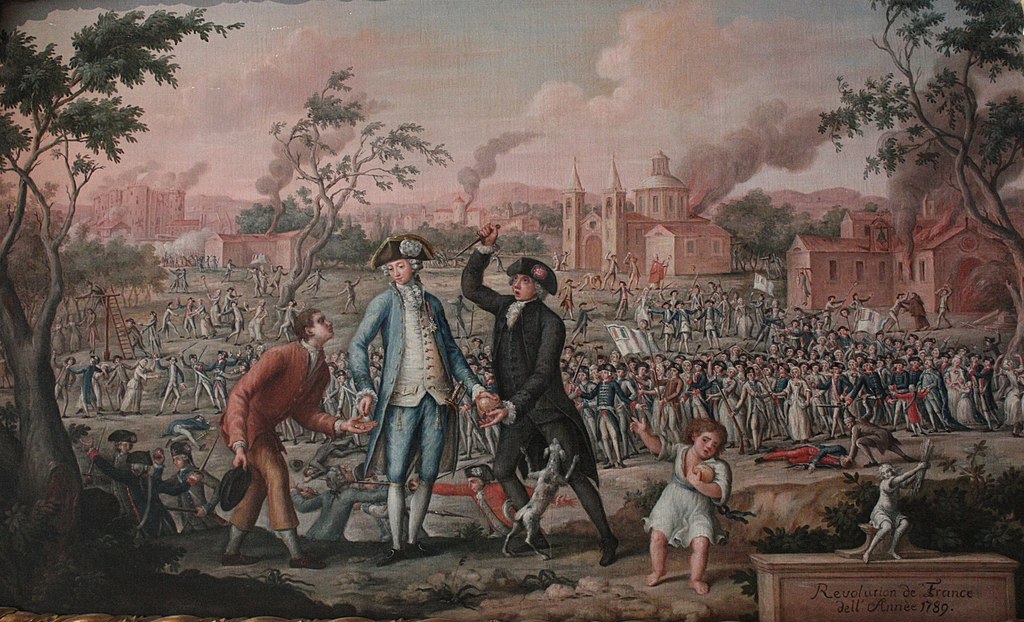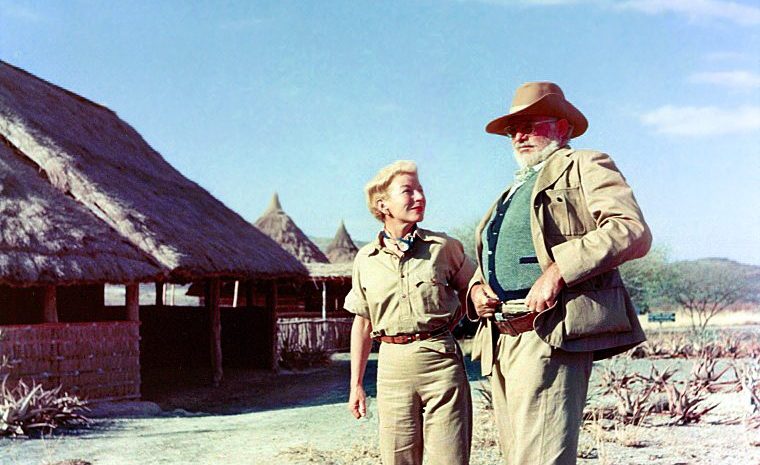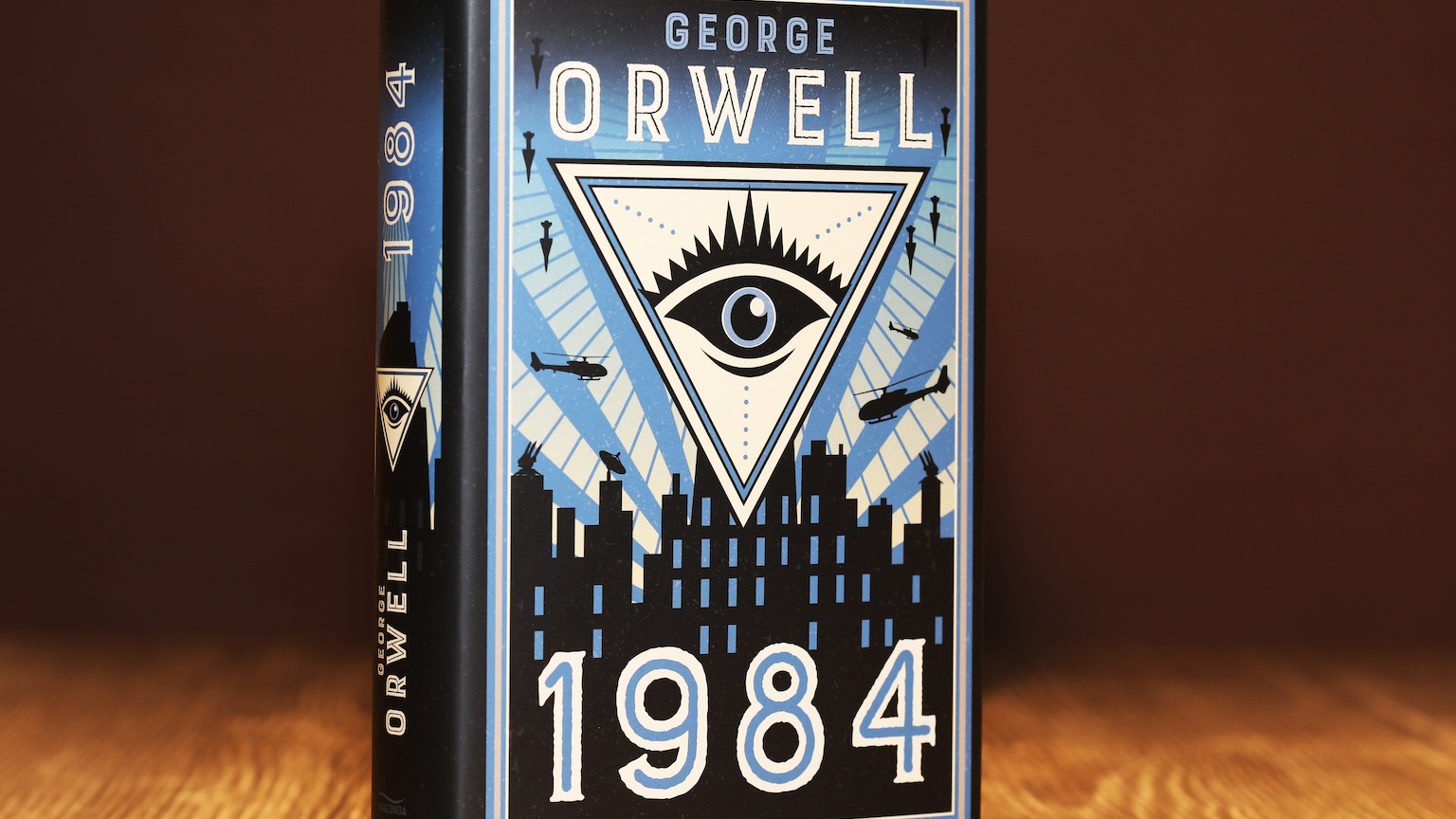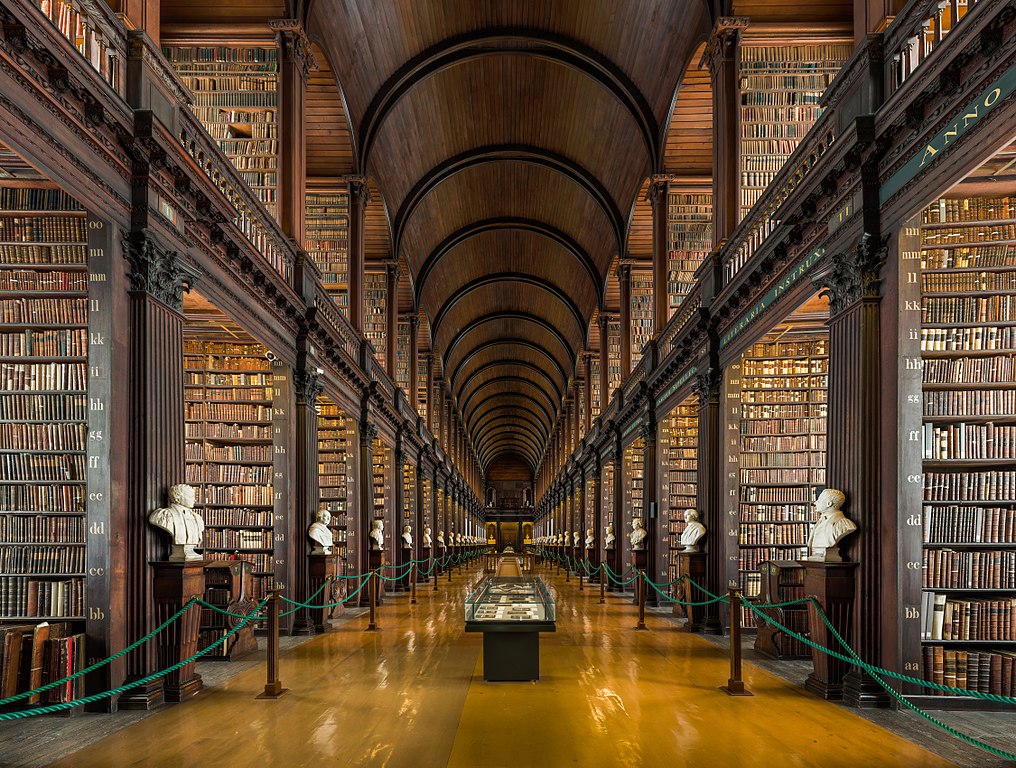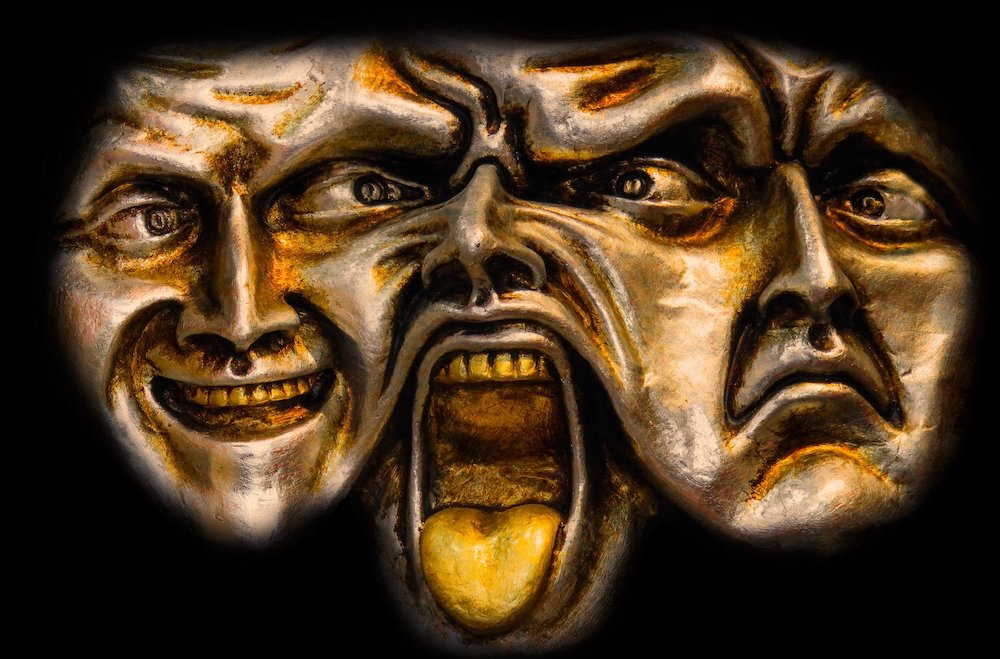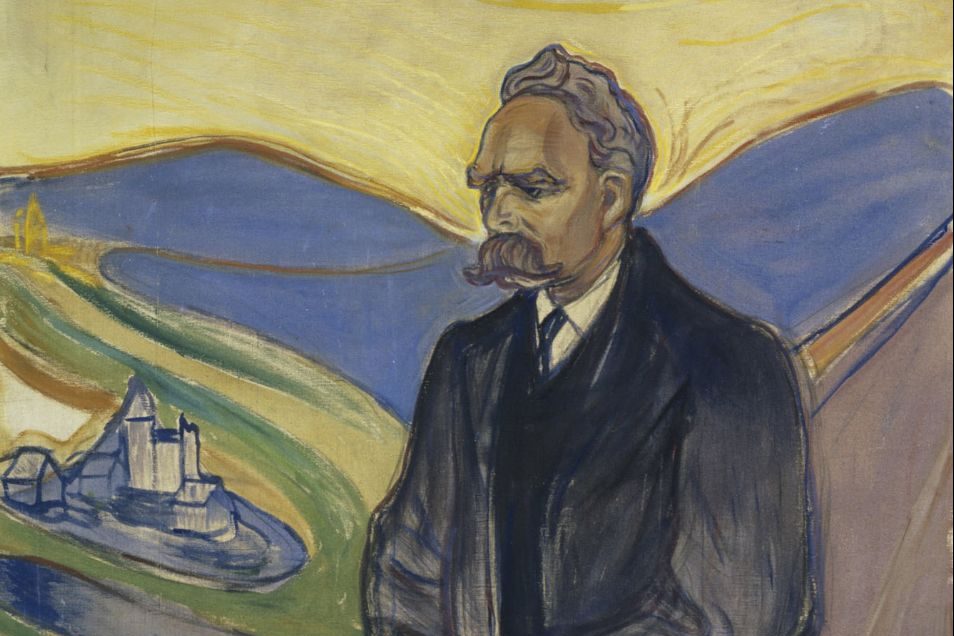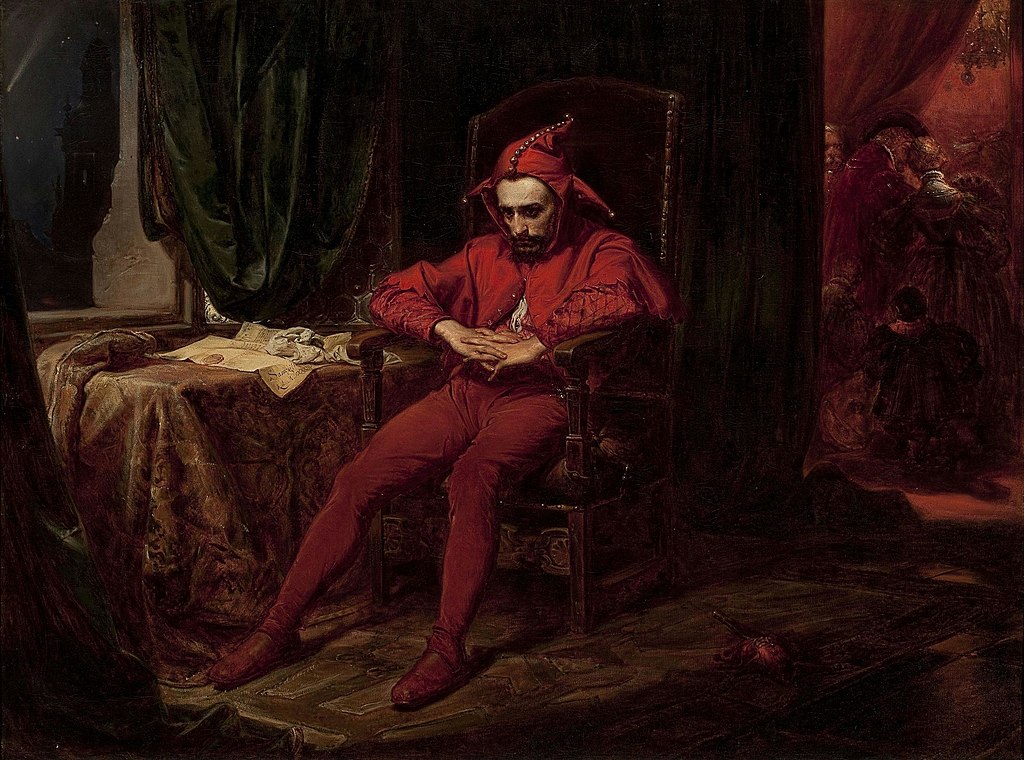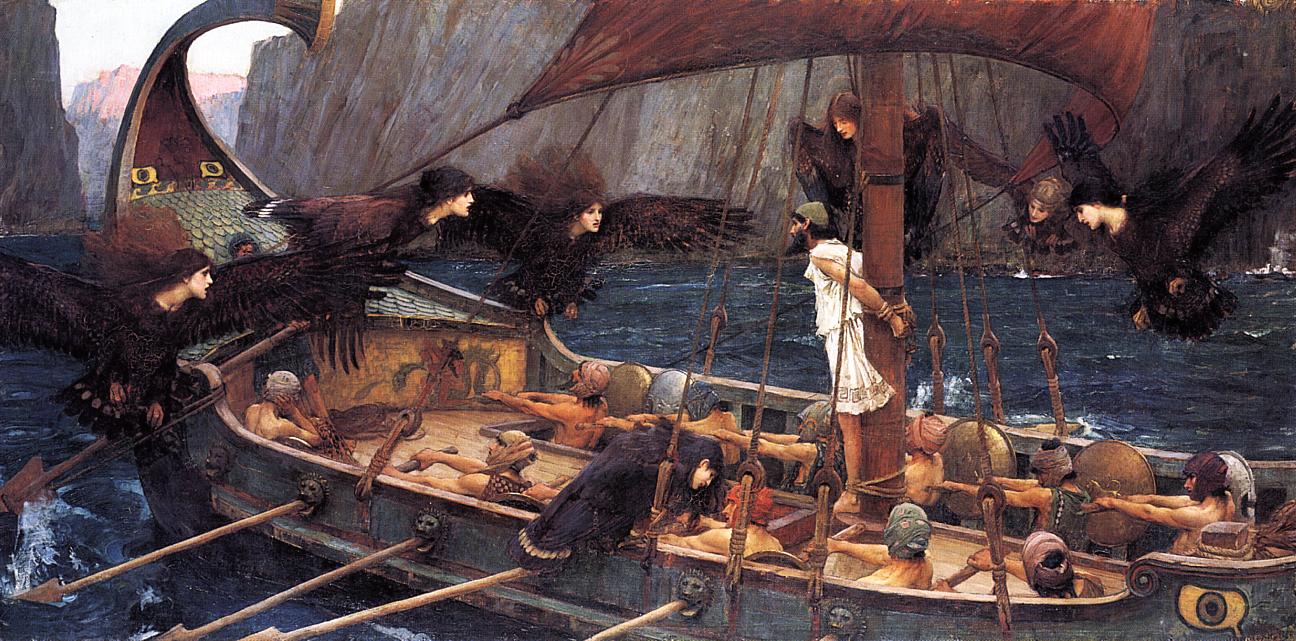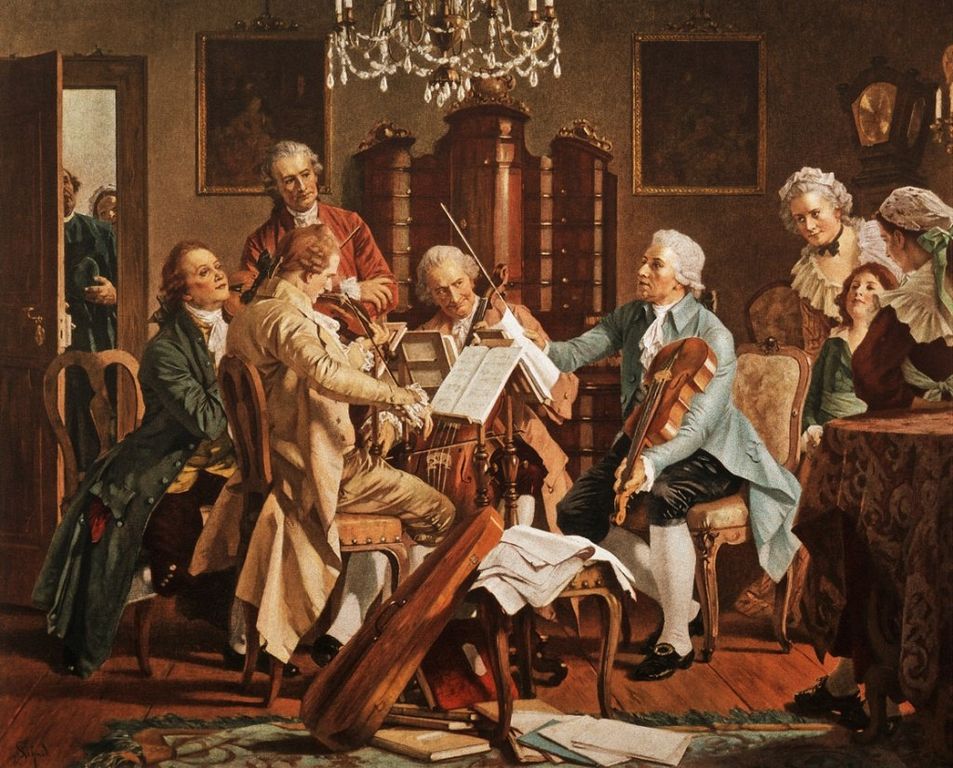Classic Literature
Books that were rarely taught in 1963, when baby boomers were students, became classics when those same boomers were teachers and parents.
Literature’s first utopia shows how far we’ve come.
There are nearly 100 towns named “Troy.”
Following the advent of human space flight, NASA began naming missions after children of Zeus.
Fire-breathing dragons may represent chaos and the human impulse to conquer that threat.
What Odysseus needed from his father was something more important: the comfort of being a son.
Like some cold poison creeping up our veins, there’s a frisson in the stories and poems of Edgar Allan Poe.
Here’s your gateway to enjoying the best of literature.
There is much more to the Kama Sutra than just sex. It’s a guide to anyone wanting more pleasure in life, however they take it.
By toppling medieval Europe’s mightiest political power, the Protestant Reformation ushered in a new age of freedom, religious and otherwise.
“How can we live without our lives? How will we know it’s us without our past?” Steinbeck writes.
Modern applications of Stoicism show up in unexpected places, from the latest techniques in psychotherapy to texts on Christian theology.
We imagine and debate the inner lives of literary characters, knowing there can be no truth about their real motives or beliefs. Could our own inner lives also be works of fiction?
Vladimir Putin adores Fyodor Dostoevsky. A close reading of the legendary author’s texts reveals the feeling might have been mutual.
Socrates lived during a time when people did not strive to separate fact from fiction. So how much of what we know about Socrates is true?
The Siege of Leningrad lasted over two years and claimed nearly a million lives. It also inspired writers to record the bleak conditions in which they lived.
Despite losing most of his extended family to the guillotine, Tocqueville grew up to become a fervent supporter of democratic revolution.
The author of classics like “A Farewell to Arms” and “The Sun Also Rises” is known and loved for his simple yet effective writing style. Here’s how to imitate it.
Famished, not famous: retrace Orwell’s hunger days, when he was one of the city’s legion of poor foreigners.
In Orwell’s dystopian novel, the government uses Newspeak to control thoughts by controlling language. But thoughts do not require language.
Many of his criticisms ring true today.
The insurmountable contrasts between their visions help explain Russia’s stunted development and hint at its destructive future.
The most momentous and significant events in our lives are the ones we do not see coming. Life is defined by the unforeseen.
By taking Satan out of the religious context, storytellers explored the nature of sin in new ways.
The German thinker wrote both treatises and songs. He approached each form of expression with the same level of interest.
Even some philosophers don’t think highly of philosophy, but we need it now more than ever.
According to literary theorist Mikhail Bakhtin, Dostoevsky’s talents were on par with those of William Shakespeare.
Fear is one of the oldest and most powerful emotions known to man, so it should come as no surprise that horror stories are as old as storytelling itself.
Music is often labelled a “universal language,” and according to the philosopher Arthur Schopenhauer, there is a good reason for that.

